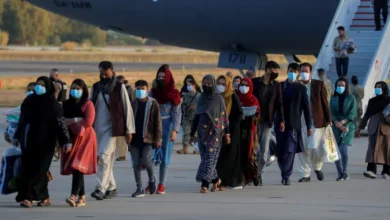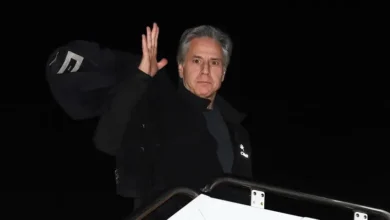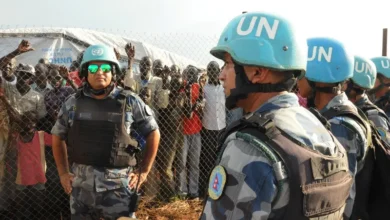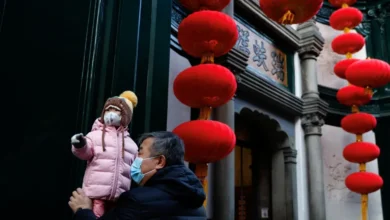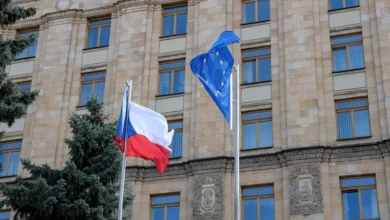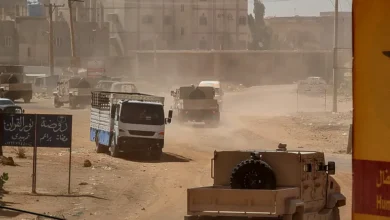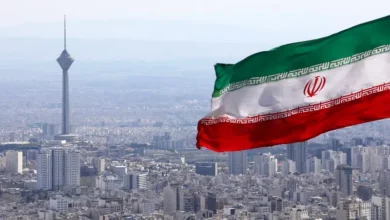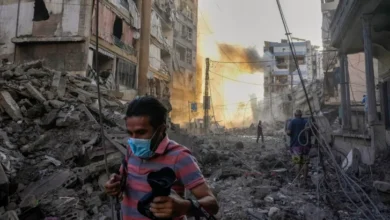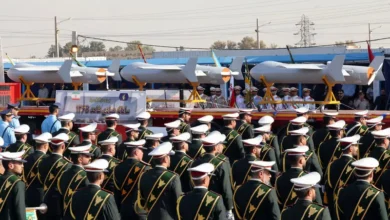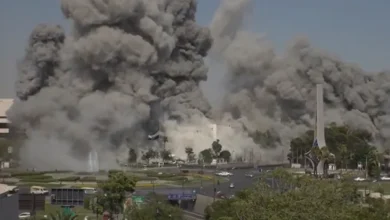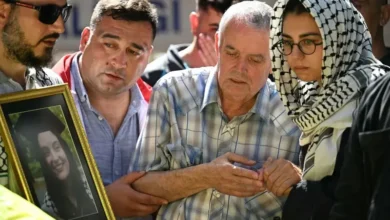The West Bank: Israel’s other genocidal war in Palestine
Samer Jaber
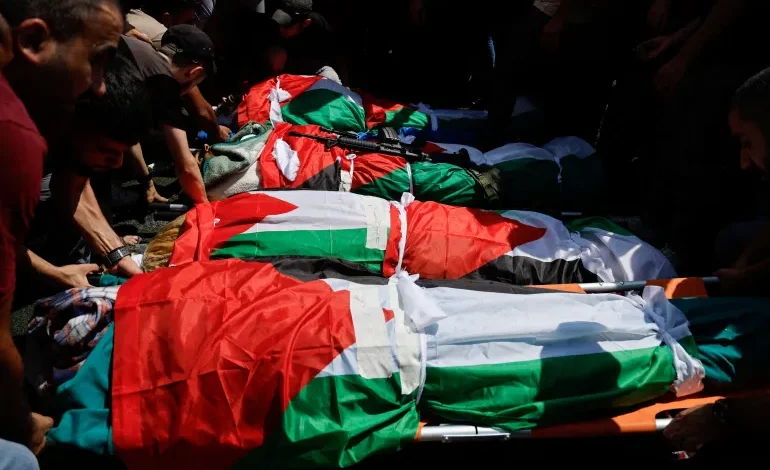
On Wednesday, Israel launched a major military assault on the occupied West Bank. The Israeli army deployed hundreds of soldiers, armoured vehicles, bulldozers, drones and fighter jets to try to destroy the armed resistance in the regions of Jenin, Tulkarem and Tubas.
At least 18 Palestinians have been killed by Israeli forces, and scores have been injured.
Foreign Minister Israel Katz has called on the Israeli army to force Palestinians to evacuate from the northern West Bank. The military has announced a “voluntary evacuation”.
This Israeli talk of forced expulsion masked under the humanitarian term “evacuation” is raising fears that the West Bank will follow the fate of Gaza in terms of massive destruction and displacement.
If this does take place, it would be a major escalation of the Israeli government’s strategy of gradual dispossession of Palestinians in the West Bank, which has been carried out directly through military means and settler attacks but also indirectly – through the purposeful degradation of all aspects of Palestinian life.
Over the past few years, the Israeli army has regularly carried out military raids in the West Bank, trying to destroy the rising armed resistance movement in the occupied territory, fuelled by popular anger against the Israeli occupation and especially the intensified Jewish settler activity and Israeli takeover of Palestinian properties in occupied East Jerusalem and elsewhere.
The Israeli army has used these raids not only to kill resistance fighters and civilians but also to bulldoze any infrastructure that the attacked Palestinian communities may have in an act of collective punishment. According to the United Nations, the Israeli military has killed more than 600 Palestinians in the West Bank since October 7.
Violence is not carried out solely by the Israeli army. The Israeli government has empowered and encouraged Jewish settlers to attack Palestinian communities as well. This was the case before October 7, but since then, settler attacks have skyrocketed.
In the first 10 months of the war, the UN recorded 1,250 attacks by Jewish settlers; in 120 of them, Palestinians were killed or injured, and in 1,000 of them, Palestinian property was damaged. Settlers have also attacked Palestinian communities, expelling their residents from their own land and homes. More than 1,200 Palestinians have been forced out of their homes by Jewish settlers. More than 3,000 have been displaced by the Israeli army demolishing Palestinian homes.
But it is not just brutal force that Israel is using against the Palestinians in the West Bank. The Israeli authorities have weaponised all levers of colonial control they have over the occupied territory to make life impossible for the Palestinian population. On a recent trip to the West Bank, I witnessed firsthand these brutal realities of Israel’s settler colonialism.
The Israeli government has long restricted mobility for Palestinians within the occupied West Bank, building “Jewish only” roads, segregation walls and checkpoints across the territory. Since October 7, it has accelerated building infrastructure on Palestinian land. This is evident on Road 60 in the stretch connecting Jerusalem to Jewish settlements in Hebron, where new road lanes are being constructed, even in areas where lanes were added just a year ago.
Since October 7, the movement of Palestinians between villages and towns has been further restricted. The number of Israeli checkpoints, roadblocks and gates has increased from about 200 in October to more than 790 by early June. Some roads connecting communities are only open for limited hours while flying checkpoints and roadblocks are set up at the whim of soldiers, often without any legitimate security justification.
So while Jewish settlements throughout the West Bank are well connected with roads and infrastructure, the areas where the Palestinian population lives are transformed into Bantustans disconnected from each other.
This affects all aspects of Palestinians’ lives. Something as simple as going to university could be impeded. While visiting my friend Walid in a village on the outskirts of Nablus, I spoke to his two daughters who are students at a university in the city.
“We usually have to stop at the main checkpoint in Huwara. This stop can take anywhere from a few minutes to several hours,” one of them told me while the other added: “But our main concern isn’t the checkpoints; it’s the settlers who throw stones at cars.”
Apart from the disruptive impact restricted mobility has on everyday Palestinian life, it is also severely damaging the already fragile Palestinian economy. Trucks carrying food, raw materials and other goods must pass through Israeli checkpoints, where they often get stuck for hours, increasing both the cost and time required for transport. As a result, food prices have risen significantly since October 7.
Self-sufficiency in food has been a matter of pride for Palestinians, who have a strong agricultural tradition. But that is also systematically undermined by the Israeli colonial authorities. Apart from expanding illegal Jewish settlements and military zones that restrict access to private Palestinian lands, Israel is systematically trying to prevent Palestinians from using their lands for agriculture. The most effective way to do that has been encouraging Jewish settlers’ attacks.
In Beit Jala, I met with my old classmate George, who owns a piece of land near Israeli colonial settlements. He told me he could not cultivate it because he feared being attacked by Jewish settlers, which had happened to other farmers. He explained he lost the income that he would normally get from selling olive oil from olive trees and fresh produce he would grow on that land.
Israel is also in full control of key resources in the West Bank, like water. It diverts water from Palestinian towns and villages to illegal Jewish settlements. As a result, there is a perpetual water crisis across the occupied territory, which the colonial authorities have purposefully made worse since October 7 by restricting even more the supply of water.
During my trip, I visited Mariam in one of the villages on the outskirts of Bethlehem. She told me they receive water from the municipality only once a month and only for a few hours. The rest of the time they use water that accumulates in a small well on their property and, when that runs out, they buy from tanker trucks. She added that they are considered lucky compared with other neighbourhoods, where water is supplied only every two or three months.
While destroying the local economy and agriculture, Israel has also intensified its efforts to eliminate the two other major sources of income for Palestinians: employment by the Palestinian Authority (PA) and by Israeli companies.
